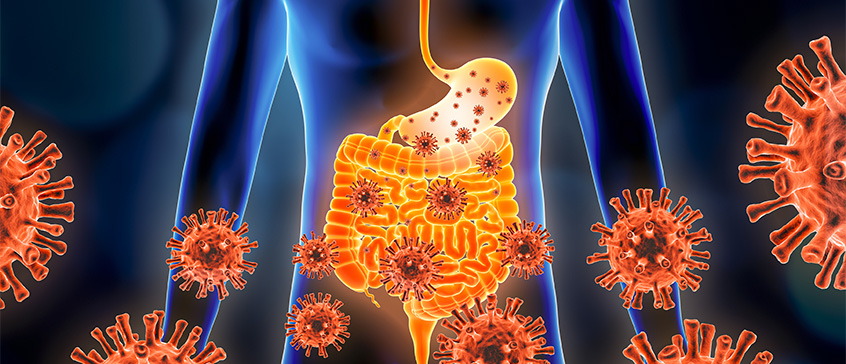
The Importance of Gut Bacteria on Mucosal Immunity
COURSE
Course description
Mucosal tissues of the digestive, respiratory and genitourinary tracts are open to the external environment and are the main entry points of most of the world’s major infectious pathogens. Consequently, these organs are defended by a dedicated immune system representing 70 per cent of our total immune cells. The organization, function and significance of the mucosal immune system is discussed with a focus on gut immunity and the importance of gut bacteria that influence its development and function. An update on recent research on dysfunctions in gut immunity that contribute to inflammatory gut diseases will be presented.
Registration details
Select your offering:
You have already registered for this course.
This item is already in your shop cart.
You're already on the waiting list for this item.
Sorry, this section is full.
Online registration temporarily unavailable
Sorry, this course is not available for registration at this time.
This course is in progress. Please contact us for more details.
Online registration is closed for this course. You may still be able to register by phone. Call 250-472-4747 to find out.
This course is on your wish list. You will be notified when this course becomes available.
Want to receive notification when this course becomes available?
{{ loggedIn ? 'Add to wish list' : 'Sign in/create a new account to add to wish list' }}Info you should know:

